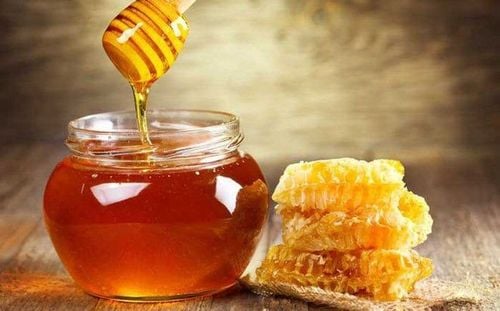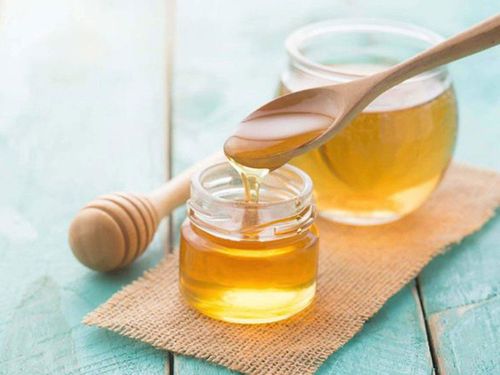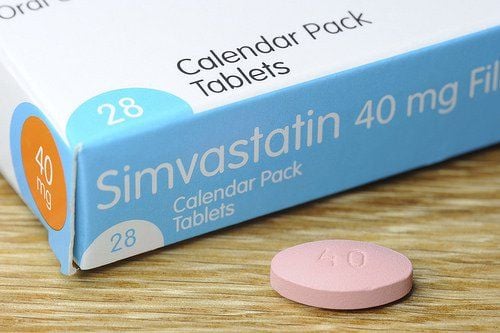Honey is often used as a food and medicine, and is especially healthy as a sugar substitute. Here are the top 10 health benefits of honey.
1. Honey contains beneficial nutrients.
Honey is a sweet liquid made from the nectar of flowers, collected and produced by bees. The taste and color of honey depend on the type of flower from which it was collected.
Nutritionally, one tablespoon of honey (21 grams) contains 64 calories and 17 grams of sugar (including fructose, glucose, maltose, and sucrose). It contains almost no fiber, fat, or protein, and less than 1% of the daily recommended amount of vitamins and minerals.
Light-colored honeys contain large amounts of bioactive plant compounds and antioxidants. These substances are also present in higher proportions in darker honeys.
2. Raw honey is rich in antioxidants
Raw honey contains many important antioxidants such as organic acids and phenolic compounds (flavonoids, etc.). The combination of these compounds gives honey its antioxidant power.

Buckwheat honey has been shown to increase the blood oxygenation index, an antioxidant linked to a reduced risk of heart attack, stroke, and certain types of cancer. It also helps maintain healthy eyes.
3. Using honey to replace table sugar helps improve diabetes management
Honey has been shown to reduce the risk of cardiovascular complications in people with type 2 diabetes. It can lower bad LDL cholesterol, triglycerides, and inflammation, and raise good HDL cholesterol. However, honey also raises blood sugar, but to a lesser extent than table sugar.
Although honey does not affect blood sugar as much as table sugar, it should still be used cautiously in people with type 2 diabetes. To minimize the condition, people with diabetes should limit carbohydrate-rich foods.
Note: Some honey products mixed with regular syrup are on the market. Although labeled as honey, they are high in sugar and lack the full nutritional components of pure honey.
4. The antioxidants in honey help lower blood pressure
Honey contains antioxidant compounds, which lower blood pressure. Studies in both rats and humans have shown that honey can modestly lower blood pressure.

5. Honey helps improve cholesterol levels
High levels of LDL cholesterol are a major factor increasing the risk of cardiovascular disease. It is the main cause of atherosclerosis, fatty deposits in the arteries that can cause heart attacks and strokes.
Honey has been shown to improve cholesterol levels by lowering total LDL cholesterol and significantly increasing HDL cholesterol. One study in 55 patients compared honey to table sugar and found that honey reduced LDL by 5.8%, increased HDL cholesterol by 3.3%, and resulted in mild weight loss of 1.3%.
6. Honey helps reduce triglyceride levels
Elevated blood triglycerides are another risk factor for cardiovascular disease. It has also been linked to insulin resistance, a major cause of type 2 diabetes. Triglyceride levels tend to rise on diets high in sugar and refined carbohydrates. Eating honey regularly, especially as a sugar substitute, can lower triglyceride levels. One study comparing triglyceride levels in honey and sugar found that those in honey were 11–19% lower than in table sugar.

7. The antioxidants in honey are good for heart health
Honey is a food rich in phenols and other antioxidant compounds. Many of these substances have the potential to reduce the risk of cardiovascular disease.
Antioxidant compounds help dilate the arteries in the heart, increasing blood flow. They can also help prevent the formation of blood clots, the cause of heart attacks and strokes.
A study in rats showed that honey protected the heart from oxidative stress. There are currently no long-term studies on honey's f honey on heart health.
8. Honey helps heal wounds quickly
Topical use of honey in treating wounds and burns has been used since Egyptian times and is still common today.
Honey is effective in healing extensive burns and infected deep wounds after surgery, with a success rate of up to 43.3%.
Honey is also an effective treatment for diabetic foot ulcers, a serious complication that can lead to amputation, with a healing rate of up to 97%.
Researchers suggest that honey's wound-healing ability comes from its antibacterial and anti-inflammatory effects, as well as its ability to nourish tissues around the damaged area.

It also helps treat other skin conditions such as psoriasis and herpes virus lesions. Manuka honey is especially effective in treating burns.
9. Honey helps relieve coughs in children
Cough is a common symptom in children with upper respiratory tract infections. It can affect sleep and quality of life for both the child and family.
Cough medicine is not always effective and may even have side effects. Honey may be a better alternative, with strong evidence for its effectiveness in treating coughs.
Studies show that honey works better than some common cough medicines and relieves cough symptoms and improves sleep more than cough medicines.
It should be noted that honey is contraindicated for children under 1 year old because of the risk of botulism.
10. Honey still contains high calories and sugar, so it should be used in moderation.
Honey is a delicious, healthier alternative to sugar. You should look to buy honey products from well-known brands because some products may be mixed with syrups, reducing the honey's quality.
Honey should be consumed in moderation because it contains a large amount of calories and sugar. Its benefits are most evident when used to replace unhealthy sweeteners. When consumed at night, honey is a more beneficial sweetener than high-fructose corn syrup and sugar.
To arrange an appointment, please call … or make your reservation directly HERE. You may also download the MyVinmec app to schedule appointments faster and manage your reservations more conveniently.
Reference source: healthline.com













